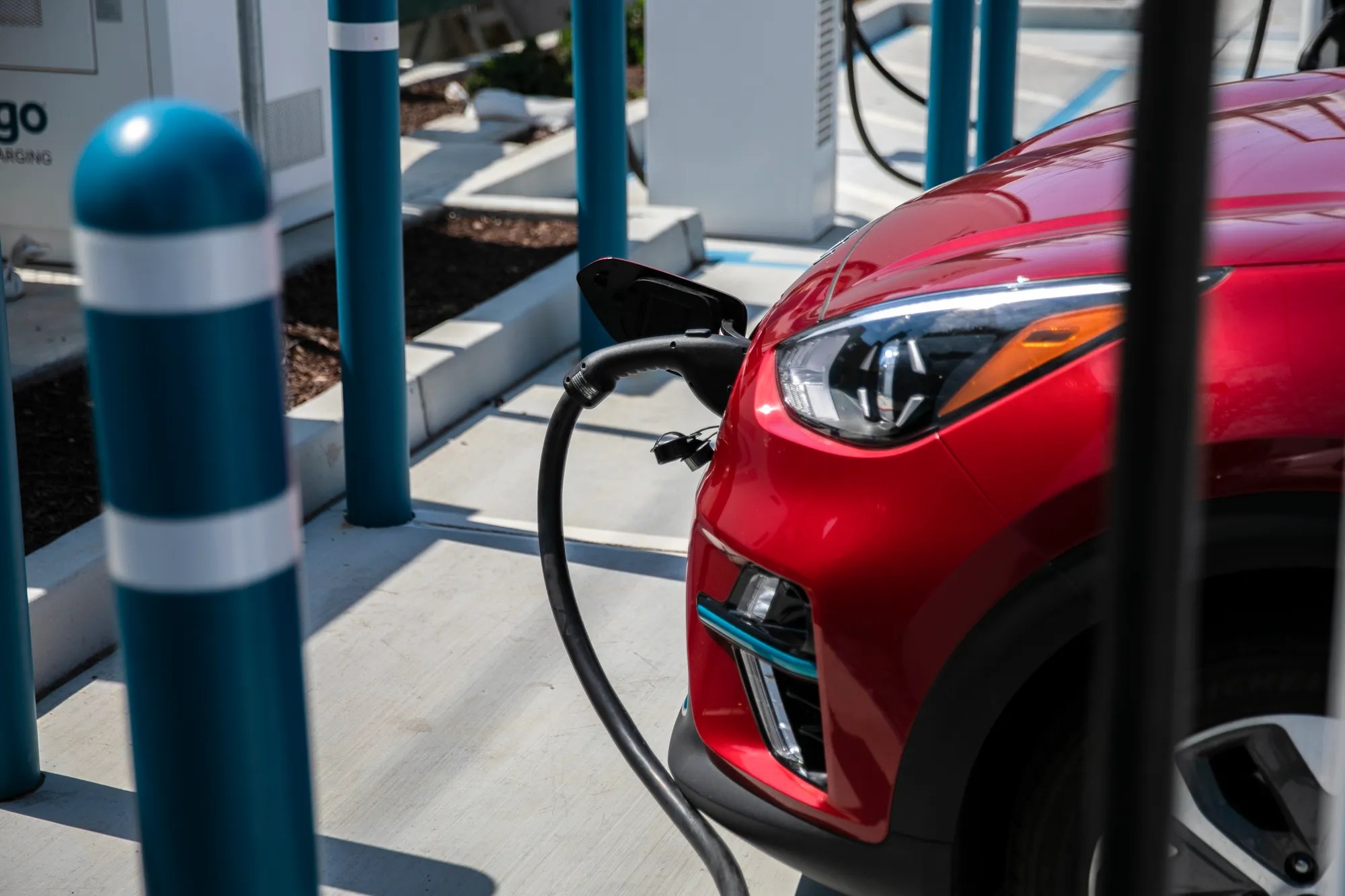New gasoline-powered cars will be banned in California beginning with 2035 models under a new groundbreaking regulation unanimously approved Thursday to force car owners to switch to zero-emission vehicles.
In its biggest move yet to reduce reliance on fossil fuels and fight climate change, the new rule approved by the state Air Resources Board culminates a decades-long effort to transform the auto and power industries and change the cars people drive—the state’s leading source of air pollution.
The regulation is the first in the world to end the sale of traditional gas-powered vehicles and ramp up sales of cars powered by electricity. A small number of other states and nations have set only voluntary targets.
The proposal was first unveiled in April. In response to several board members’ concerns, the staff made minor revisions today to address issues related to electric car battery durability and added provisions to enhance assistance for low-income residents.
“This regulation is one of the most important efforts we have ever carried out to clean the air,” said Air Resources Board Chair Liane Randolph. “Our previous regulations to make cars cleaner made improvements, but those improvements were incremental. This regulation will essentially end vehicle emissions altogether.”
Automakers will have to gradually electrify their fleet of new vehicles, beginning with 35% of 2026 models sold, increasing to 68% in 2030 and 100% for 2035 models. As of this year, about 16% of all new car sales in California are zero-emission vehicles, twice the share in 2020.
Existing gas-powered cars and used car sales are unaffected by the mandate, which only sets a zero-emission standard for new models.
John Bozzella, president and CEO of the Alliance for Automotive Innovation, a trade group representing automakers, said automakers support the transition to electric cars, but called the timeline “very aggressive,” adding that it will be “extremely challenging” for the industry to adjust in time.
“Whether or not these requirements are realistic or achievable is directly linked to external factors like inflation, charging and fuel infrastructure, supply chains, labor, critical mineral availability and pricing and the ongoing semiconductor shortage,” he said. “These are complex, intertwined and global issues well beyond the control of either the California Air Resources Board or the auto industry.”
Environmental justice advocates, who had been calling for a sales goal of at least 75% zero-emission cars by 2030, expressed disappointment at Thursday’s hearing. While the rule is a “step in the right direction,” the board missed an opportunity to include more robust provisions in the policy to make sure low-income people can afford them, according to Roman Partida-Lopez, legal counsel at the Greenlining Institute.
“California had an opportunity to set a stronger standard,” he said. “The board came up short by not making this a more stringent rule or one that has environmental justice provisions that are mandatory rather than voluntary.”
Correction: The headline on this story has been updated to more accurately reflect the ban.
